The First Big Trip With the Big Rig
September 8-19, 2020
We had a plan for this summer. We were going to "scale up" slowly, spending a night or two nearby with the cats and the new rig and then gradually fanning out to higher elevations and more distant destinations. Then the pandemic arrived, and we hunkered down and waited for the storm to pass. But the storm didn't pass. Instead, we recognized that this is something we will have to live with for a long time, maybe for the rest of our lives. But with careful planning, we might still be able to realize our dream of spending most of the summer on the road, far from the heat of Tucson.
We planned our first long excursion in excruciating detail, right down to what we would eat each day for every meal, to avoid having to purchase additional supplies along the way. Since at the time of writing, all developed campgrounds in New Mexico are closed, we carefully researched opportunities for dispersed camping, scouring World Imagery for those loops at the end of side roads on open, flat terrain. We spent the first night at the top of Cottonwood Canyon in the Blue Range, in the exact same spot where we rode out the spectacular storm of September 13, 2013.
One thing the pandemic has taught us is that we can hike anywhere. And so we set out on what turned out to be a very pleasant exploration of Cottonwood Canyon.
Home is where the cats are. And the basil plant.
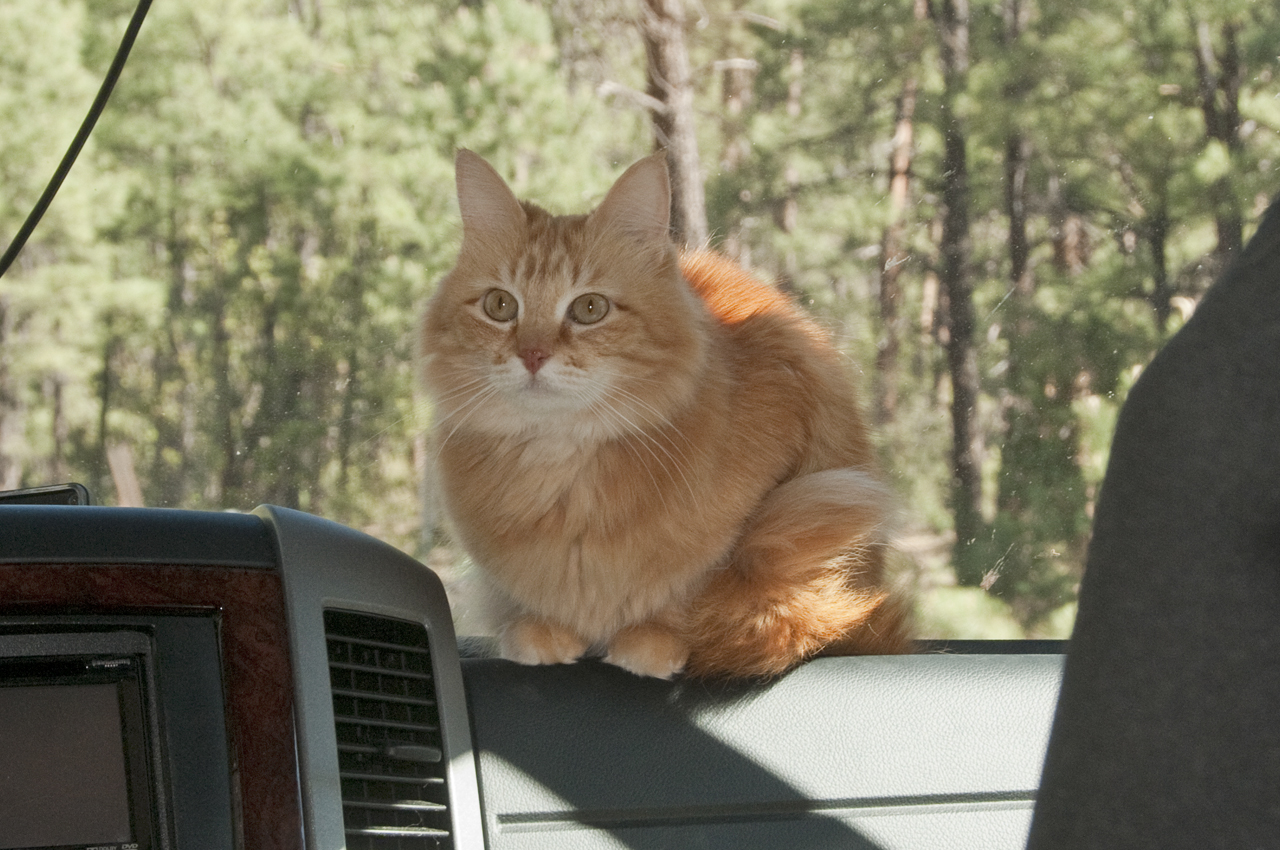
As the dominant cat, Madeleine prefers to camp out on the dash, where she can keep an eye on things.
Meanwhile Elio has one thought, and that's how to get outside. We are exploring options for some sort of enclosure or perhaps a harness that would allow him some outdoor time.
Next morning it was off to Water Canyon, a primitive campground near Magdalena, New Mexico. As promised, the last mile or so was steep and narrow, but we were impressed with the steady power of the Isata 3. We settled in for two nights, enjoying the cool mountain air and the sound of the wind in the pine trees. The first evening we explored the Mesa Trail, relentlessly steep and rocky under an impressive canopy of Ponderosa pines. Day 2 took us up an old road through Copper Canyon, which climbs steadily but has a pleasant tread of packed earth and pine needles
On the way down, we detoured through the remains of what was once a substantial ranching operation.
The main house. A fancy stone chimney, homemade concrete and a wide veranda. It must have been a lovely home, with an incomparable view.
I can't poke around one of these faded beauties with fantasizing about somehow "saving" it. All the love and effort that went into building it, and now it sits alone and unappreciated.
Wildlife sightings included a horned lizard and a half dozen deer, who touched down on the road in front of us and flew to the opposite bank, without a whisper of sound.
Relaxing with the kitties. Slowly, they are exploring their new territory, and laying claim to their favorite spots.
Day 4 was my first major miscalculation/teachable moment, when I mistook FR 422 for the main road to Red Canyon in the Manzano Mountains. After 10 miles of teeth-chattering washboard, it metastasized into a steep, rough one-lane scramble with thousand-foot dropoffs.

The lower campground was open and we found a nice spot, but these sites are not social-distance-friendly. When a family parked less than 15 feet from us, we ran. After scouring the road a few times, we found a pull-off that required some re-engineering. Repeat after me, "This is not a 4WD vehicle, this is not a 4WD vehicle."
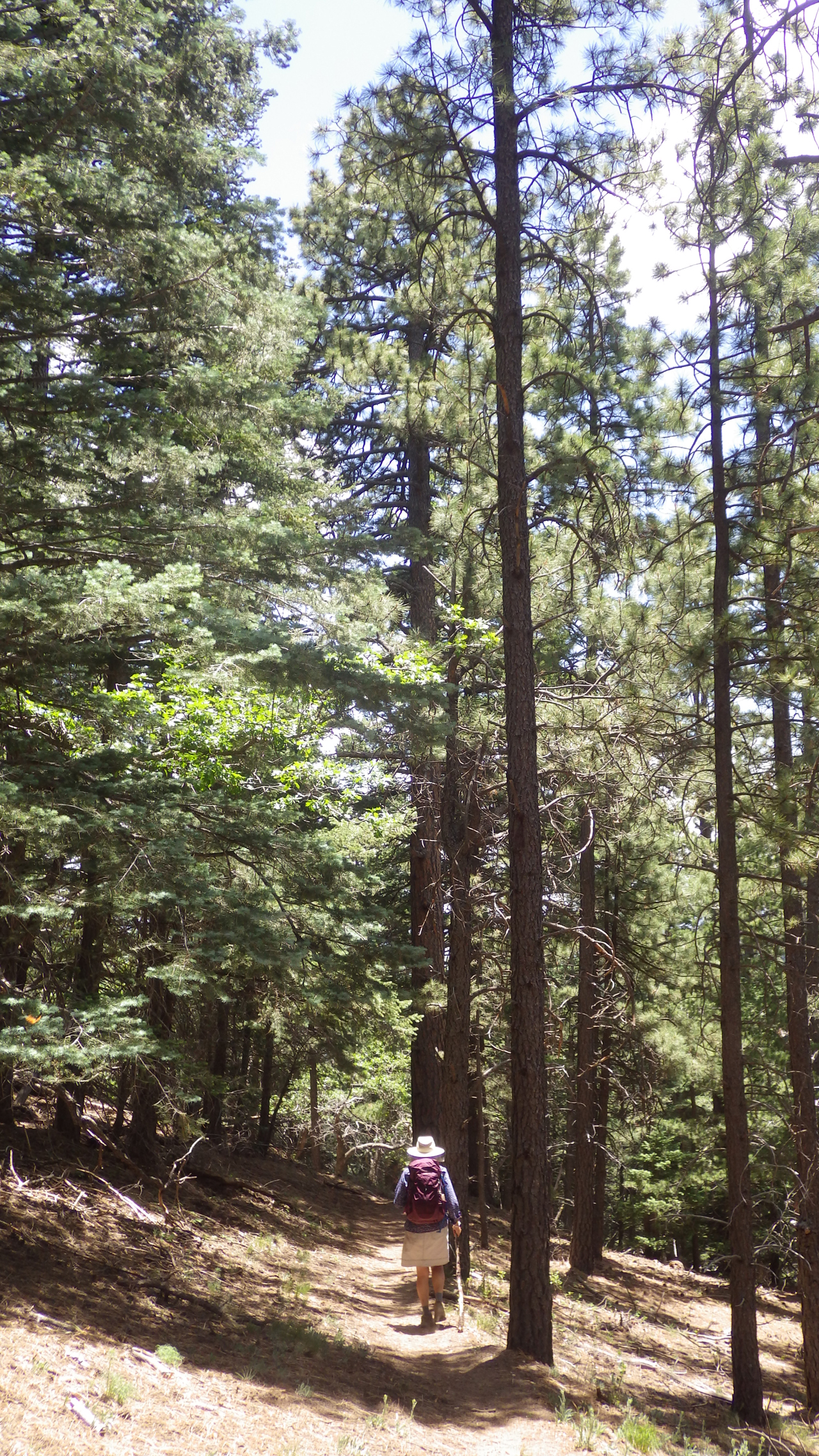
Red Canyon proved to be a very rewarding hike, steep as hell, but incredibly lush, with a dazzling variety of wildflowers and butterflies. I'm enjoying my new iNaturalist app, can you tell?
California Tortoiseshell.
Northwestern Fritillary
Weidemeyer's Admiral.
Wood's Rose
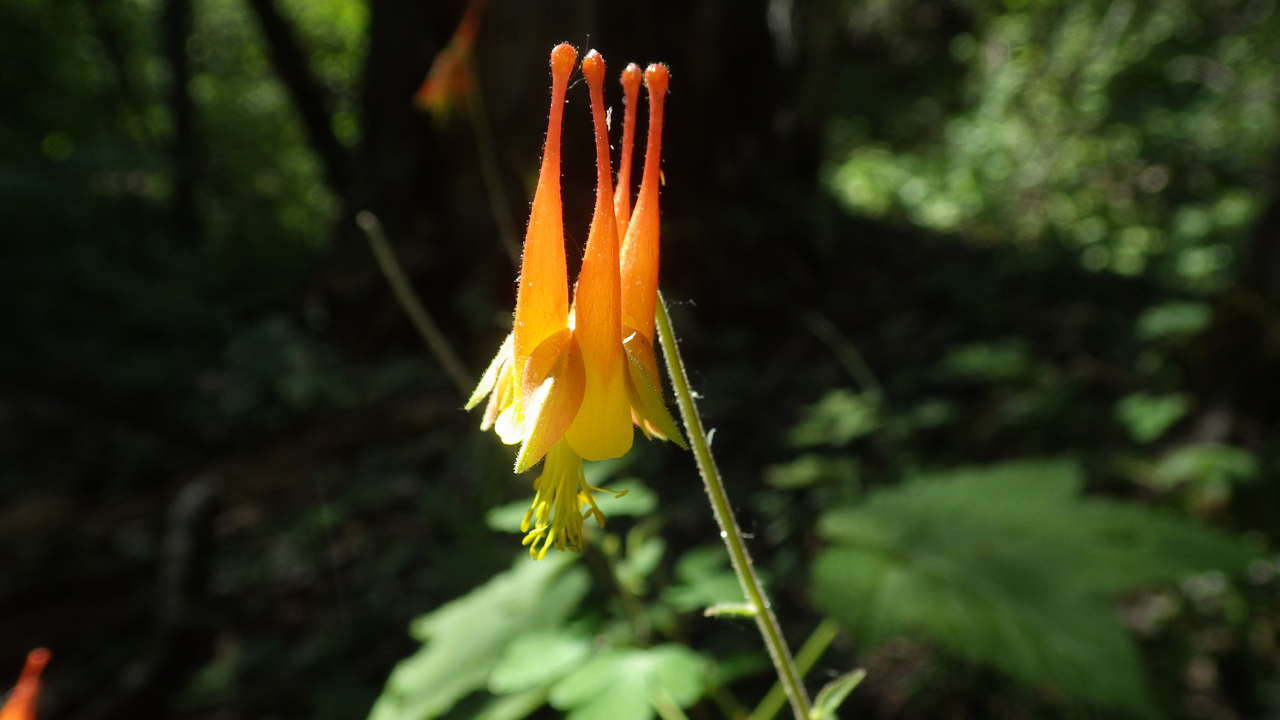
Red Columbine.
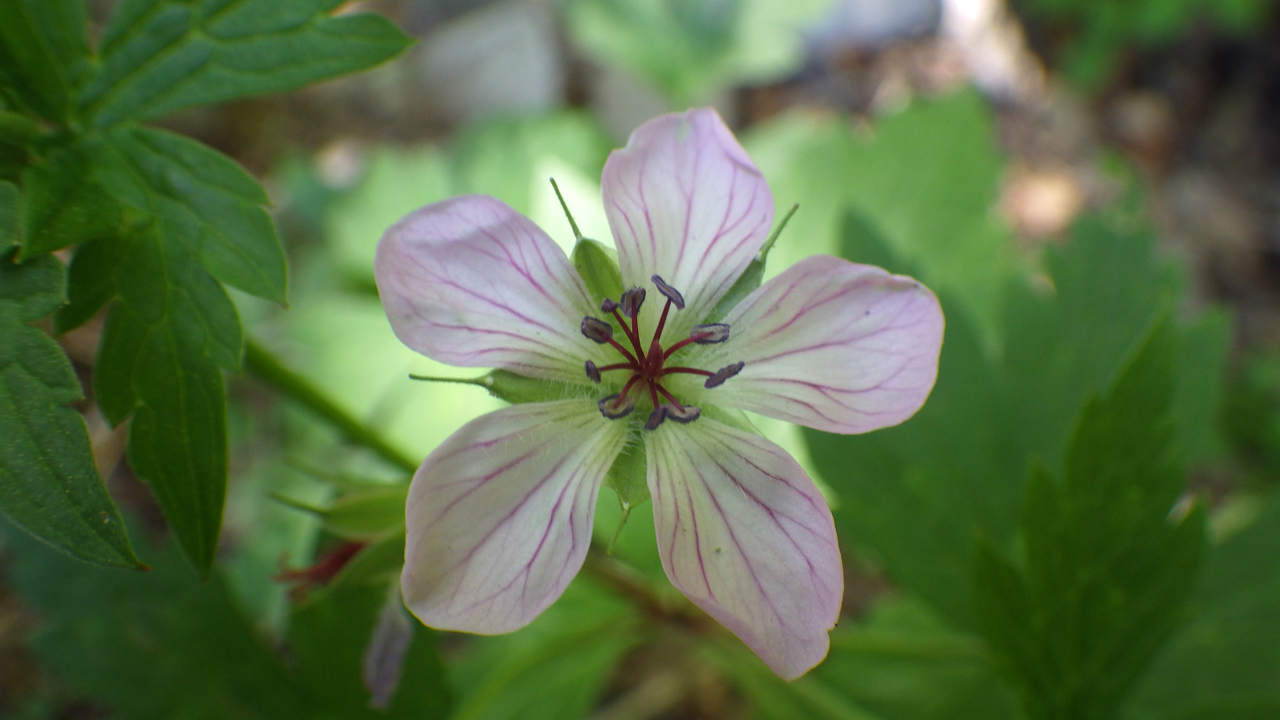
Richardson's Geranium.

There are two parts to Red Canyon Campground. The upper campground is more spacious, and while it's theoretically off-limits to vehicles longer than 22 feet, we had stiff competition from a 30-foot trailer towed by a monster truck. That evening, while we received the terrible news of the Bighorn Fire raging in Tucson's Catalina Mountains, we were treated to an hours-long drenching thunderstorm.

Day 5, on to ultimate destination: our friends Tom and Ann east of Albuquerque. "Shore power", unlimited water and a fabulous garden next door!
Day 6-7, and we even tacked on a third day, enjoying relaxed time with our friends and evenings on the porch telling stories and drinking wine while the monsoon rumbled around us.
A surprising friendship. Ellie and Elio were quite taken with each other, and spent hours gazing longingly at each other through the screen door. But this love is best left unrequited.
Each day we saw progress in how the cats were coping with being on the move. By the end of the trip, they all but stopped howling when we were underweigh.
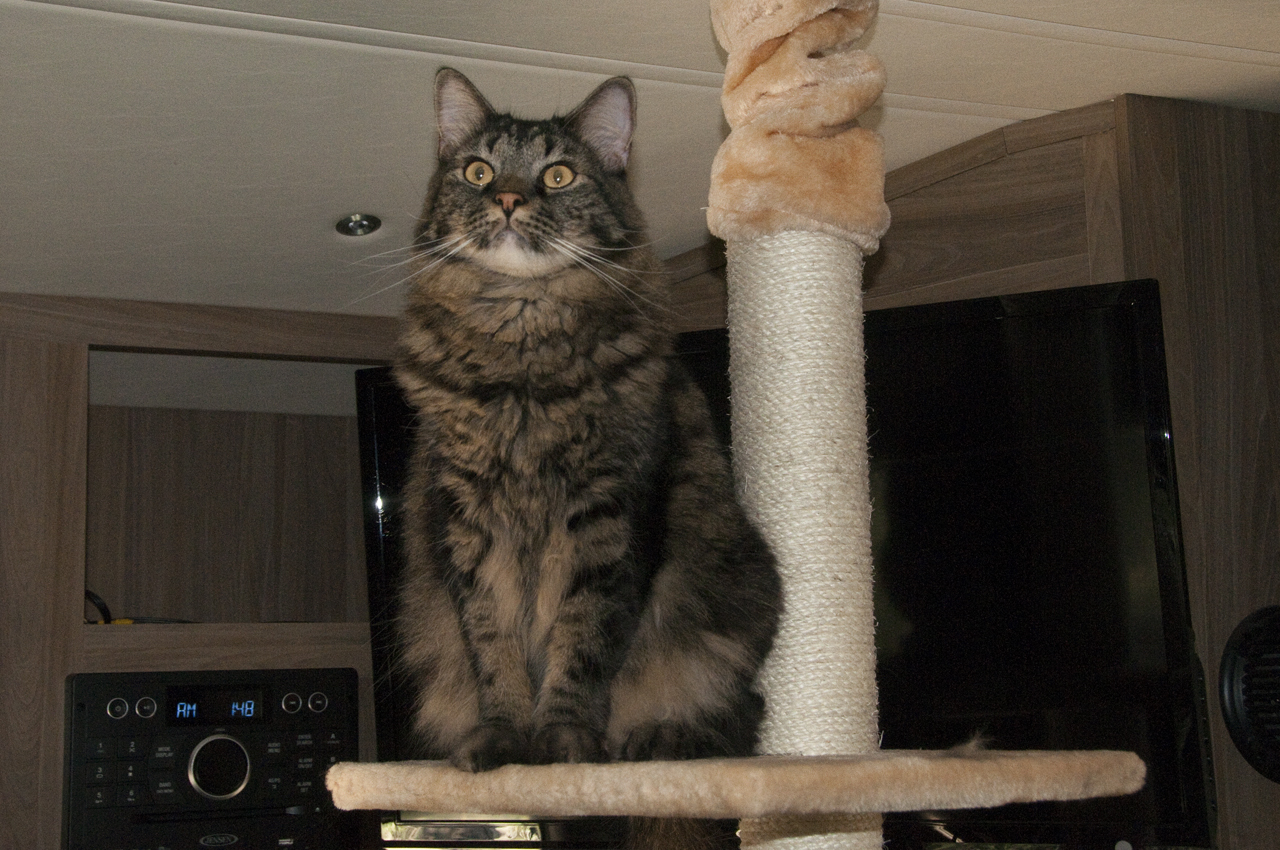
And when we camp, they resume their normal activities — chasing my hair ties, cuddling, climbing the cat tree and ogling the birds.
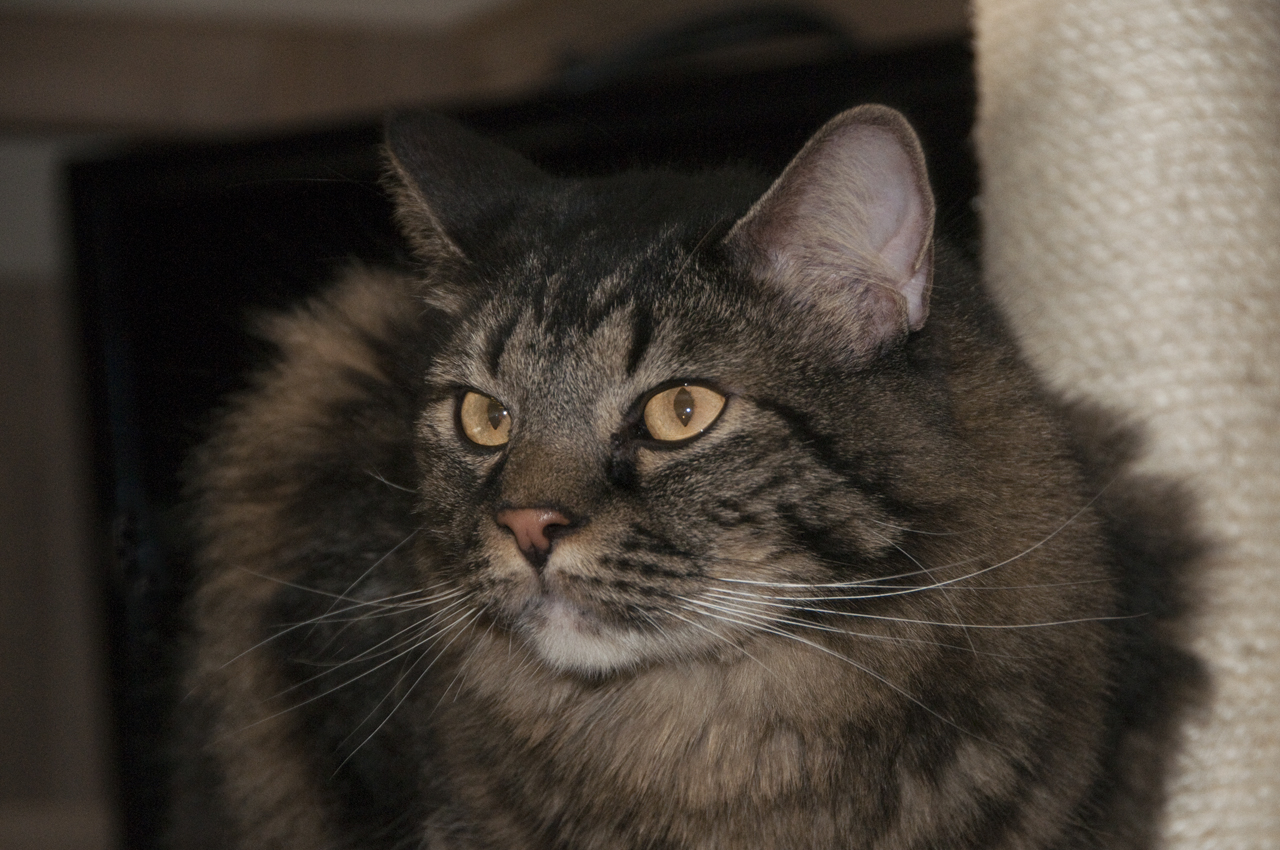
Against all odds, it's beginning to look like we will be able to travel with our cats.
One last hike in New Mexico, and it was a good one: the Sandstone Bluffs in El Malpais National Monument.
All good things are to be found in west central New Mexico: Acoma, Mount Taylor, El Malpais, El Morro.
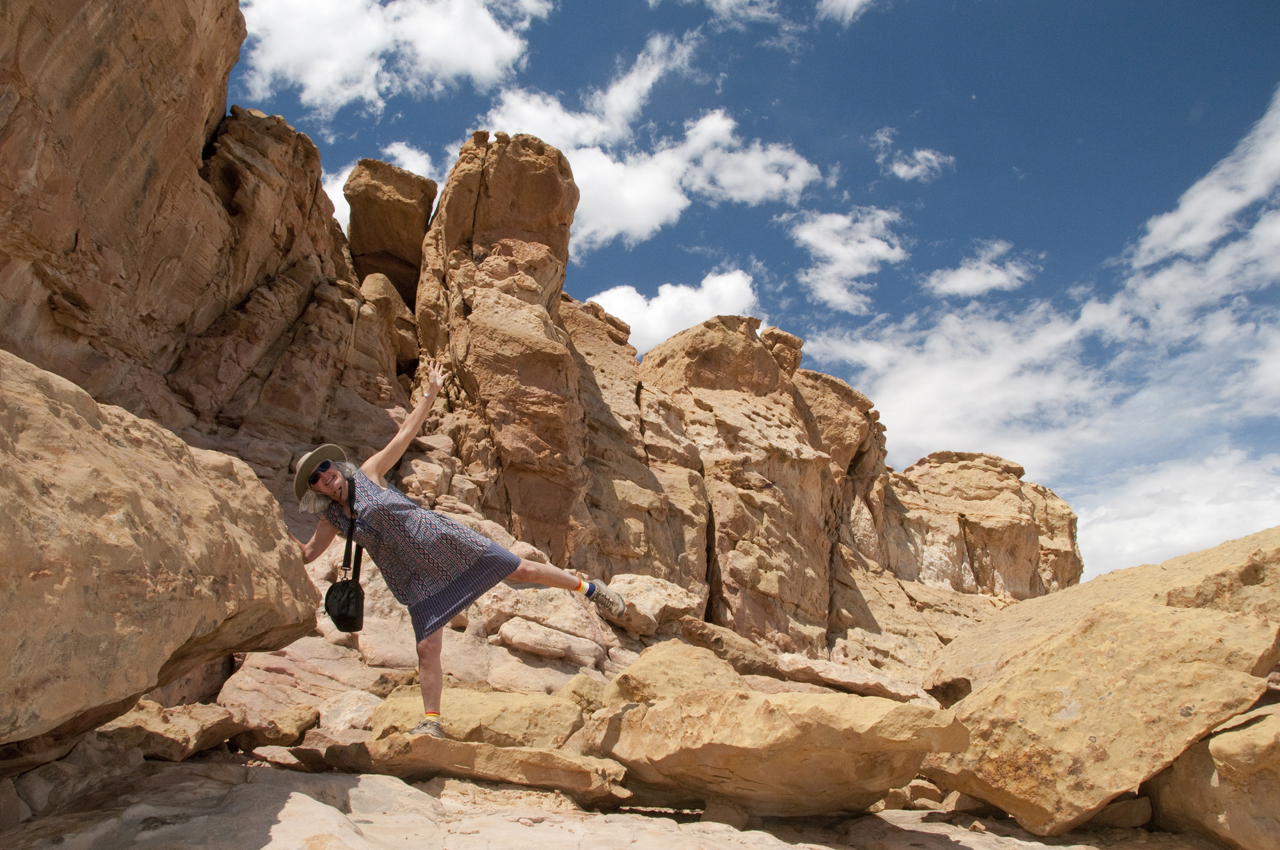
What a great place!
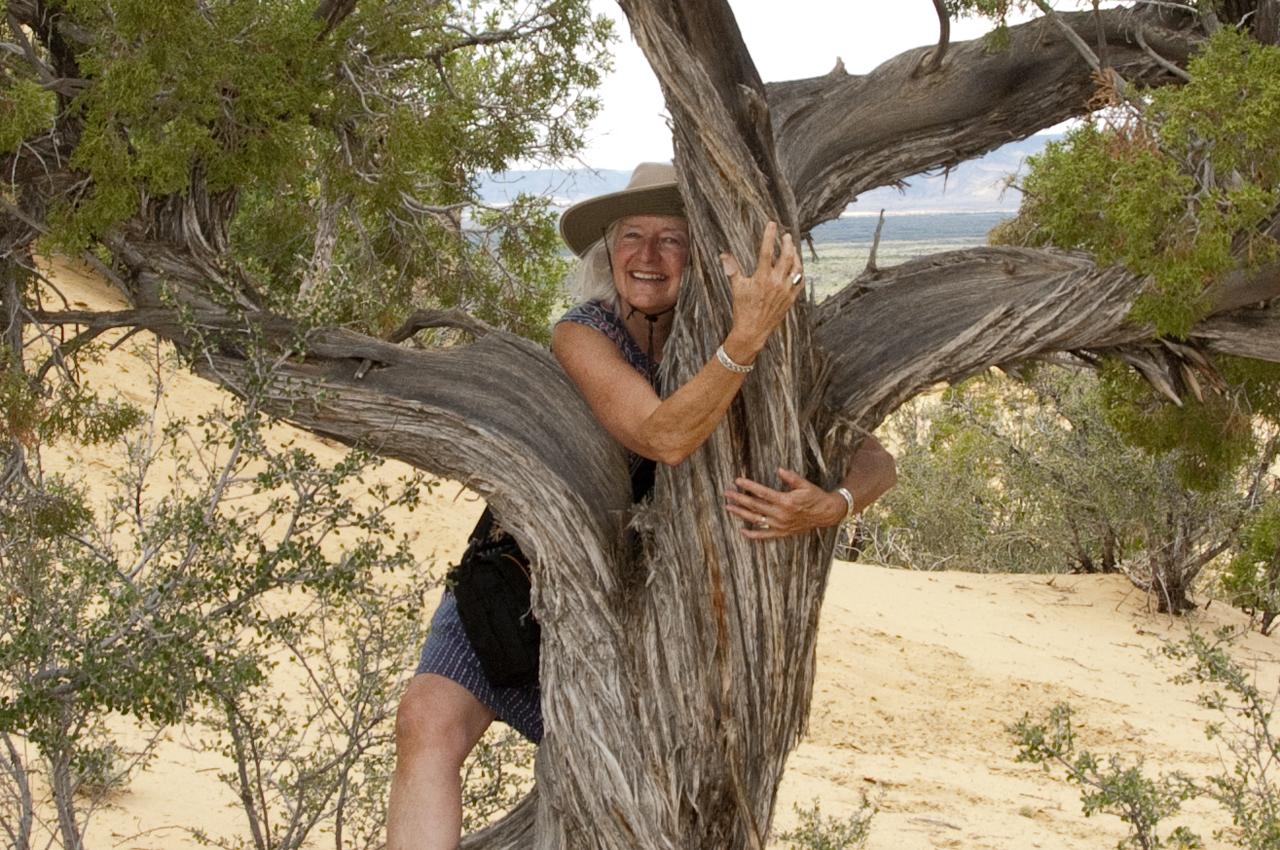
Tree hugger.
Two playful ravens accompanied us on our hike.
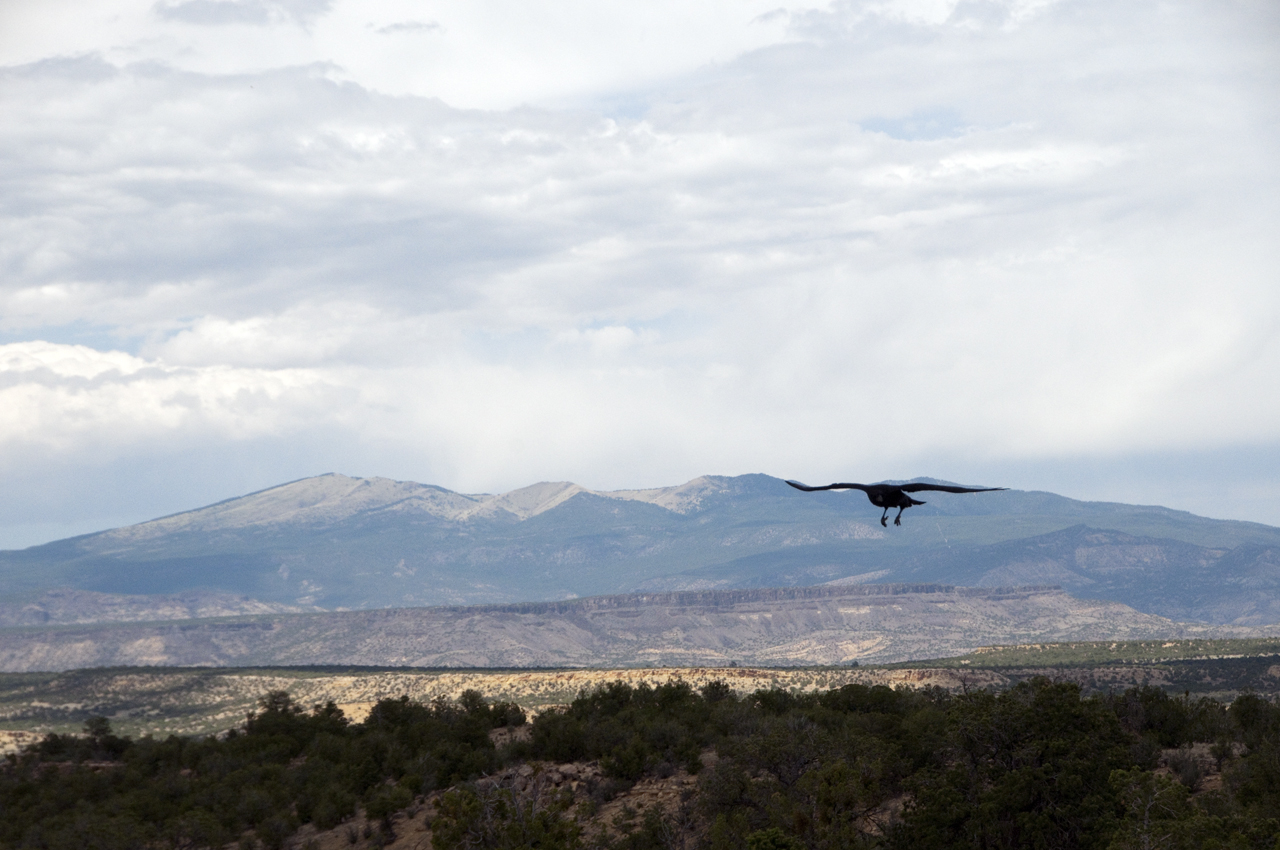
Mount Taylor in the distance.
Joe Skeen Campground was closed, so we carved out a spot in a dispersed camping area just south of the monument. The reviewers described this area as "bleak", but I loved it! On the edge of an ancient lava flow, with Mount Taylor and gnarled sandstone cliffs on the horizon. And underfoot, a riot of tiny orange, white, yellow and purple wildflowers.
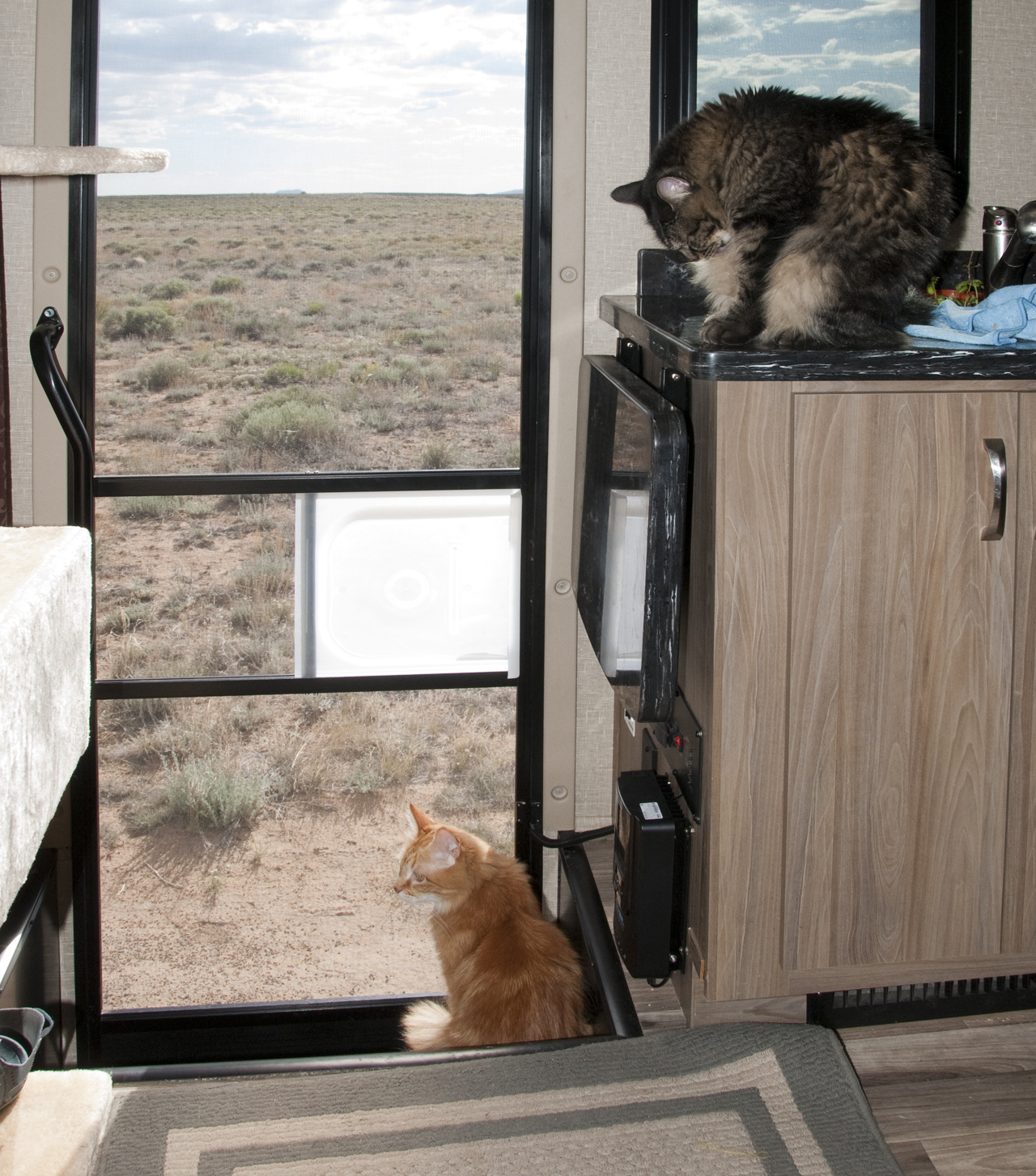
We delayed our departure as long as possible, dreading the smoke-filled skies and triple-digit temperatures of Tucson.
The smoke plume was visible from the top of the hill in Benson. At more than 37,000 acres and only 21% contained, the Bighorn Fire seems hell-bent on consuming the entire range. We only recently resumed hiking in the Catalinas, as they partially recovered from the catastrophic wildfires of 2002 - 2011. Pandemic notwithstanding, it's now out of the question to escape to the mountains. Can they recover again, within our lifetimes?
